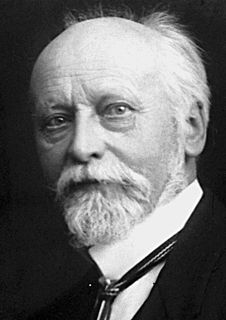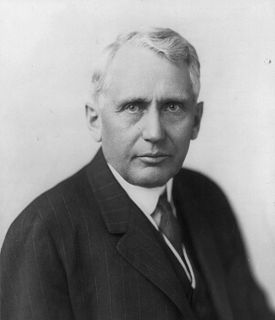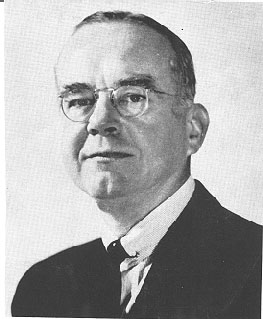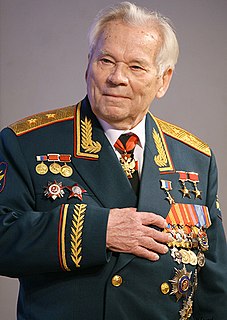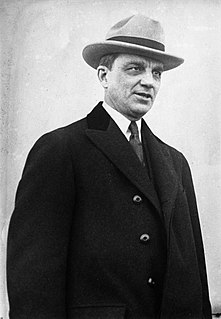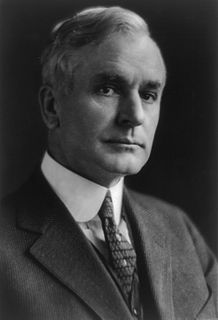A Quote by Ludwig Quidde
The present level of armaments could be taken as the starting point. It could be stipulated in an international treaty that these armaments should be simultaneously and uniformly reduced by a certain proportion in all countries.
Related Quotes
My aim was to create armaments to protect the borders of my motherland. It is not my fault that the Kalashnikov became very well-known in the world; that it was used in many troubled places. I think the policies of these countries are to blame, not the designers. Man is born to protect his family, his children, his wife. But I want you to know that apart from armaments, I have written three books in which I try to educate our youth to show respect for their families, for old people, for history.
We wake up to find the whole world building competitive trade barriers, just as we found it a few years ago building competitive armaments. We are trying to reduce armaments to preserve the world's solvency. We shall have to reduce competitive trade barriers to preserve the world's sanity. As between the two, trade barriers are more destructive than armaments and more threatening to the peace of the world.
People, and not only Americans, are losing their sons, husbands, brothers, and fathers for no other reason than the profits of US armaments corporations, and the gullible American people seem proud of it. Those ribbon decals on their cars, SUVs and monster trucks proclaim their naive loyalty to the armaments industries and to the whores in Washington who promote wars.
I am firmly convinced that in the world of today all nations will be forced to the conclusion that cooperation for law, justice, and peace is the only alternative to a constant race in armaments-including atomic armaments-and to other disruptive practices that will bring the nations participating in them on either side to a common ruin, the equivalent of universal suicide.
It is accordance with our determination to refrain from aggression and build up a sentiment and practice among nations more favorable to peace, that we ratified a treaty for the limitation of naval armaments made in 1921, earnestly sought for a further extension of this principle in 1927, and have secured the consent of fourteen important nations to the negotiation of a treaty condemning recourse to war, renouncing it is an instrument of national policy, and pledging each other to seek no solution of their disagreements except by pacific means.
... looked at from the standpoint of the ultimate result, there was little real difference to the Indian whether the land was taken by treaty or by war. ... No treaty could be satisfactory to the whites, no treaty served the needs of humanity and civilization, unless it gave the land to the Americans as unreservedly as any successful war.
